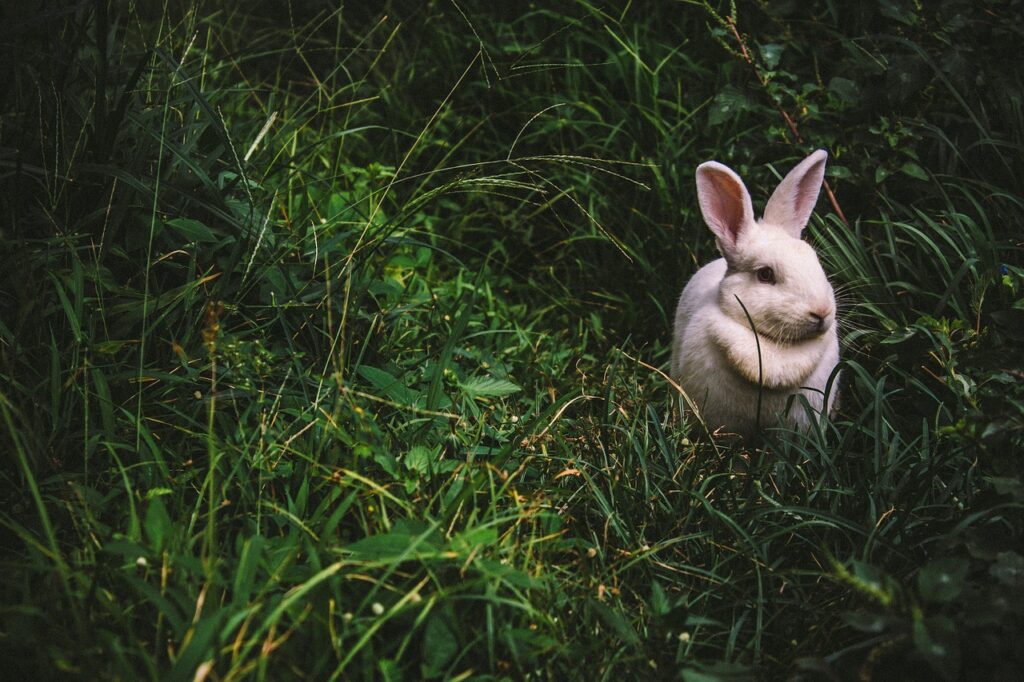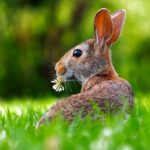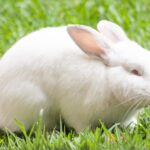Can Rabbits Eat Daffodils?
Rabbits are adorable and beloved pets that require a nutritious and balanced diet to thrive. However, it is important to be cautious about what foods we offer them. When it comes to daffodils, it is crucial to understand that rabbits should never consume this plant.
The Dangers of Daffodils for Rabbits
Daffodils, while visually captivating, contain toxic compounds that can be harmful and even fatal to rabbits. These compounds, known as alkaloids, specifically lycorine, narcissine, and calcium oxalate, can cause severe health concerns when ingested by our furry friends.
Potential Symptoms and Reactions
If a rabbit mistakenly consumes daffodils, it may exhibit several distressing symptoms. These can include drooling, mouth irritation, difficulty breathing, digestive issues such as vomiting or diarrhea, and increased heart rate. In severe cases, daffodil ingestion can lead to convulsions and potentially even death.
Safe Alternatives for Rabbits
Instead of offering daffodils to your rabbit, there are several other foods and treats that can be enjoyed safely. Leafy greens such as kale, spinach, and romaine lettuce are excellent options for providing essential nutrients. Additionally, vegetables like carrots, bell peppers, and broccoli florets can be offered as tasty and nutritious snacks.
Hay is a staple in a rabbit’s diet, providing necessary fiber and encouraging healthy digestion. Timothy hay or orchard grass hay can be given in generous amounts to ensure your rabbit’s well-being.
Tips for Preventing Access to Daffodils
To keep your rabbit safe from daffodils, it is crucial to prevent access to these flowers. Place daffodils or any plant containing similar toxins in an area that is completely out of your pet’s reach. Consider using barriers, such as fencing or enclosures, to create a safe space where your rabbit can roam without encountering potential hazards.
Regularly inspect your rabbit’s environment, both indoors and outdoors, to ensure there are no daffodils within their vicinity. If you have a garden or yard, be diligent in removing any daffodil bulbs or plants that may pose a risk to your beloved pet.
Conclusion
In conclusion, it is essential to prioritize your rabbit’s health and safety by avoiding any food that may harm them, such as daffodils. These beautiful flowers contain toxic compounds that can lead to serious health issues or even be fatal for your furry friend. Instead, opt for safe alternatives like leafy greens, vegetables, and high-quality hay. By taking preventive measures and being a responsible pet owner, you can provide a happy and healthy life for your rabbit.






